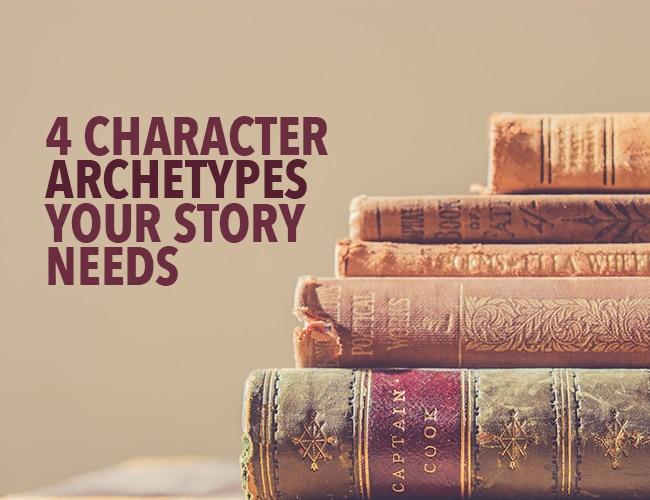
by Joslyn Chase |
Have you ever read a story that just falls flat for you and you don’t know why? Chances are it was missing one of the archetypical elements our brains are hardwired to seek out in a story. When you sit down at the keyboard, the last thing you want to do is write a story that fails to grab and hold a reader.
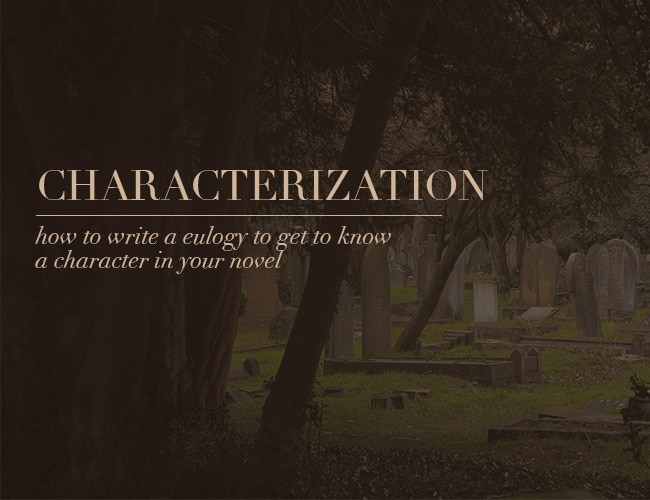
by Sarah Gribble |
Every great novel has great characters. Great characterization includes a background, flaws, habits, tics, and redeeming qualities. The characters have a life.
There are plenty of ways to get inside your character’s head. You can journal from their point of view, write a character study, or fill out questionnaires about your character. Those methods are awesome but can seem impersonal or just plain tedious at times.
If you need a quicker, more succinct way of getting inside your character’s head, you might consider writing their eulogy.

by Guest Blogger |
Not many people like antagonists. The antagonists are supposed to be antagonizing — that’s their whole purpose. They are designed to aggravate the protagonists; to foil the plans of the heroes and create conflict. They are supposed to be a villain for our heroes to defeat, right?
Sure. But what if they could be more?
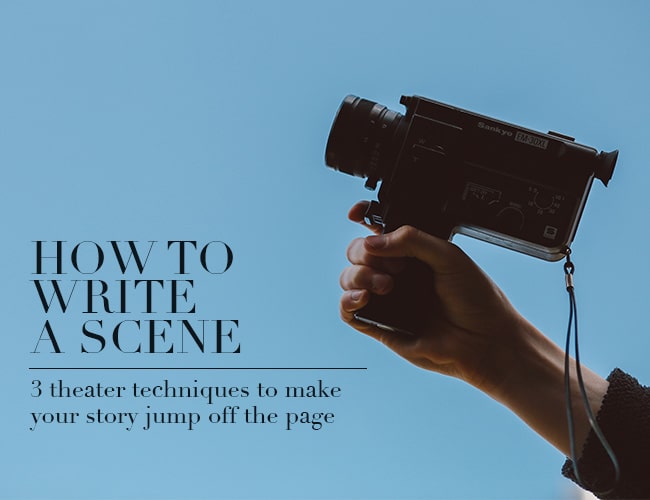
by Guest Blogger |
It’s time to write that scene. You know, the one you’ve been avoiding. You’ve sketched out your character and the scene’s objective, but how do you get your character from point A to point B? What exact words should he use? What specific actions should she take to accomplish her scene goal?
If you’ve ever faced that blank page with these questions in mind, you’ll be pleased to learn about three techniques, borrowed from the actor’s playbook, that will boost your writing and make your story shine. Let’s take a look at how to write a scene with the mindset of an actor.
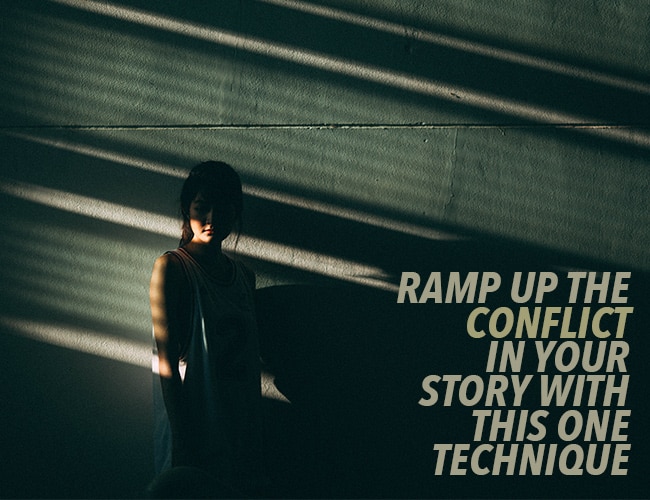
by The Magic Violinist |
Recently when I looked over the first draft of my latest novel in order to buckle down and start editing, I noticed that there were a lot of sections that bored me. My mind started to wander and I couldn’t figure out why. Looking more closely, I found the answer: I was playing it too safe. In order to ramp up the tension in excitement, I had to master this one technique; I had to get uncomfortable.
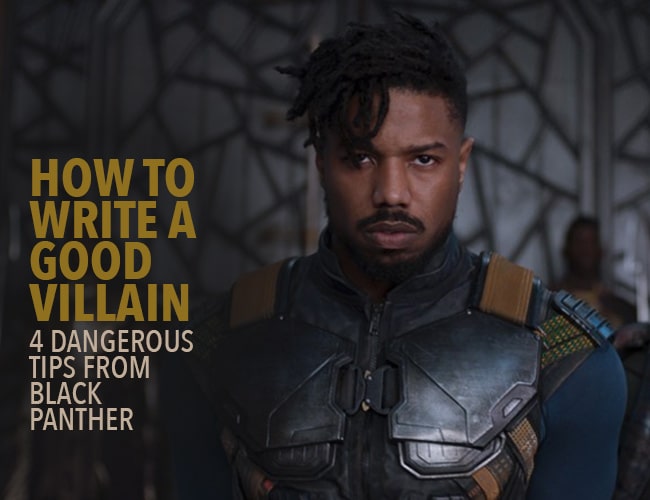
by Monica M. Clark |
A couple of weeks ago, I saw the Marvel blockbuster Black Panther. I’m not a big superhero movie person, but I hear that that they generally involve a hero who saves the world. So imagine my surprise when I left the theater still thinking about Erik Killmonger — the villain.
I was sad for the villain. I was moved by the villain. I wasn’t rooting for him, but could understand why someone might want to. It got me thinking — what made Killmonger such a good villain, and how can that be translated to writing?








